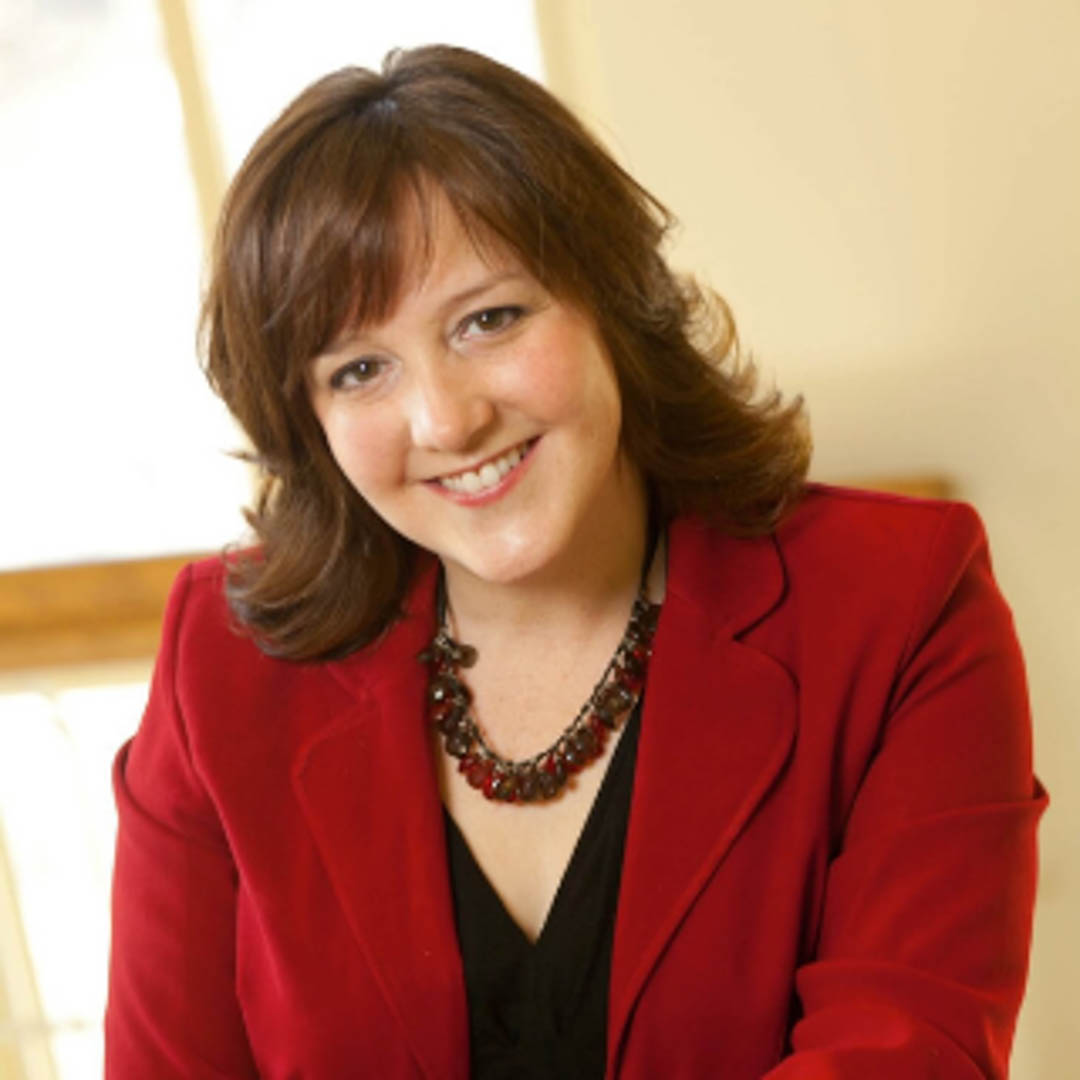
Top 10 Most Valuable Mindsets for MKs & TCKs

We like Top Ten lists, don’t we?
Bite-sized bits of information we can easily process and implement if we choose. Fashion trends. Vacation spots. Kardashian Katastrophes. I figure if it’s good enough for God’s Commandments, it’s good enough for MK mindsets.
I’ve written extensively in the past three years about attitudes and choices that can help MKs and TCKs to avoid some of the pitfalls inherent to being multi-cultural. Here are, in my estimation, the top ten most valuable of them.
.jpg?ver=2021-01-07-231712-897)
1. I will believe that I am not weird, but I am complex
It’s a refrain I’ve heard from young and old in my work with Third Culture Kids. But saying “I’m weird” implies a sort of terminal condition. No one will ever understand me. “Complex” hints that with time and awareness, others will begin to figure us out. Has a global upbringing made us a bit more complicated than others? Absolutely. But it’s not an insurmountable thing for those who love us enough to seek to understand us. You can begin by sending them to my article and podcast episode titled The Five Cs That Define Most TCKs. It’s a really great place to begin understanding us complex TCKs.
2. I will recognize that I am not special—I am fortunate
Calling ourselves “special,” though it sometimes feels like we are, implies superiority, yet those aspects of our lives that have shaped us are usually not something we’ve earned or chosen. We are MKs because our parents made the decision to go overseas as missionaries. That makes us fortunate—blessed—not better than others. “Special” can yield arrogance. “Fortunate” is more likely to yield a humbled gratitude. The latter is so much more attractive and inclusive.
3. I will allow myself to fail publicly and privately
One of the greatest challenges MKs experience is the pressure to live up to the expectations of people for whom “Missionaries’ Kid” implies a deeper faith, better behavior, wiser choices and flawless living. If we let those standards guide us in even a subconscious way, we set ourselves up for a lifetime of disappointing others and ourselves. Accepting the fact that we’ll fail and fessing up to it when we do is good and healthy—don’t let those shoulds force you into a crippling kind of failure-phobia.

4. I will stay connected in some way to my other cultures
When juggling so many cultural influences, it sometimes seems easier to simplify our lives by distancing ourselves from some of those places in order to just live in the one. It is an understandable and natural inclination! The problem is that much of the richness of our multi-culturality comes from being able to draw on the entirety of our life-experiences. It’s precisely because we juggle so many cultures that we have so much to offer in our worldview, global understanding, adaptability, etc. It would be tragic to lose the depth and wealth of our background for the sake of a more “simple” identity. Staying connected in some small way to past worlds (whether through people or media or traditions or all of those) allows us to retain the treasures they’ve instilled in us.
5. I will apply the same curiosity, exploration and acceptance to my passport culture that I apply to foreign cultures
As MKs, one of our greatest strengths is being able to insert ourselves into new cultures with inquisitiveness, grace and tolerance. Those skills often fly out the window when we consider our own passport culture! As I mentioned in the last episode, if we were stranded in a remote tribal village, we’d enter with the open-mindedness, sense of adventure and forgiveness that are some of our most prized traits. But returning “home”? Not a chance. Think of how different our re-entry experience would be if we applied those same skills to returning to our passport culture.
6. I will be versatile in my relationship-building methods
As MKs, we do friendships in an uncommon way. (See MKs & Relationships for a deeper dive on that.) We’re often quick and intense as we enter into relationships, aware that time is limited and comfortable sharing rapidly on an intimate level because of that. Mono-culturals tend to approach friendships differently, letting the “deepening” take a slower, more casual route. It may take longer and initially seem shallow, but there’s a good chance we’ll achieve meaningful relationship with our less global peers if we’re patient enough to see it through. Dismissing people early because they don’t dive deep fast enough can eliminate true friendships before they have the time to prove themselves. I promise you from my own experience that it’s worth trying a different approach.

7. I will use my experiences to enrich and not diminish others
It’s a nasty little habit we have—nothing entertains MKs more than celebrating the stupidity of those less fortunate than us. Our stomping grounds are the stuff of fantasy to most mono-cultural people. We’ve seen more and experienced more than they can even imagine. Yet rather than being grateful for our blessings, we sometimes lord them over the less fortunate. Here’s the thing, though. We’re in a unique position to bring the worlds we’ve known to those who will never get to witness them for themselves. Let’s commit to kindly and humbly expanding their horizons (at an appropriate time, in relationship with them) rather than mocking, humiliating or belittling them.
8. I will strive to distinguish between human failure and God’s character
There’s no denying it. Many of us carry wounds from our years overseas. Some of us have been neglected, abused or afflicted by illness. We’ve seen death and famine. We’ve been harmed by the poor decisions of those who were supposed to care for us. It’s easy to blame God for the scars. Trust me—I did so for many years. Yet so much of the violence and injustice we’ve suffered is the direct result of human mistakes and cruelty, of life in broken bodies in a fallen world. God grieves over the actions and circumstances that harm us. Blaming Him will only deprive us of the powerful healing only His comfort can afford us. It took me decades to work through my theology on pain and grief—decades I spent seeing God as the inflictor of my turmoil rather than my comforter. I could go on about this topic for hours…but I’ll cover it most extensively in a future article and podcast episode to give it proper attention. For now, I just urge you to try and see the distinction between human failure and God’s character.
9. I will choose to exercise gratitude, but won’t ignore the hardships
The hardships are real. They influence our thinking and our outlook, our serenity and our faith. We must acknowledge and confront them in order to heal from them. But, as we’re in that process, balancing the pain with an intentional focus on what we have to be grateful for can be perspective-enhancing and life-altering.

10. I will acknowledge that being an MK alone won’t get me through life—having an intimate, trusting relationship with God will
Sometimes, we get so caught up in our MK identity that we think it’s the only thing that defines us. It becomes the most meaningful and foundational aspect of our lives and we can make the mistake of assuming it’s all we need…because we think it’s all we are.
But we’re so much more. And though our multi-cultural skills might be tremendous assets to be prized and celebrated, when life becomes treacherous and dark, they’ll be of little help. Only an active, intimate and dependent relationship with Jesus will carry us through the trials that are inevitable and inescapable as we live life in a broken world. His love and presence are inexpressibly precious, the most “meaningful and foundational” gifts we’ve been given.
And that’s it: The Ten Most Valuable Mindsets for MKs and TCKs to embrace. You may have noticed this—they’re stated as intentional verbs: believe, recognize, allow, stay, apply, be, use, strive, choose, acknowledge. The shift in our way of thinking won’t just happen organically. It will anchor itself to our behavior and worldview as we invest determination and focus, altering harmful habits by implementing practices that will enhance our own lives and those of others.
If you’re currently living through a significant transition, I want you to know that I’m rooting for you. Go back and review the last article on the topic, Entering Well for MKs & TCKs just to track your progress, and come back to these mindsets even on days when it feels like you don’t have the bandwidth for it. What we bring to transition is as important as what we encounter in transition.
Repeat these mindsets like a mantra every morning if that helps. Pick out the ones that are the most challenging for you and remind yourself of them throughout the day, when you feel your attitude shifting. Have someone hold you accountable if you see one that really requires a village to help you to apply it.
The first step is awareness. The second, most important one is action.
This article has been reposted with permission from Michèle Phoenix. It was originally published on her website. You can find the original blog post HERE. If you are interested in subscribing to Michèle's blog, email michelesblog@gmail.com and write “subscribe” in the subject line.
Next Steps
Many of us have been through the experiences of life overseas and the return to Canada. We understand the need for support. The MORE Network offers the opportunity for you to connect with other TCKs, or cross-cultural workers who are going through the same life experiences. In a supportive, caring environment we connect you with experienced and qualified personnel who will capably support you through your transition journey. We're here for you.
The MORE Network offers retreats, workshops, prayer and more for those returning "home" to Canada. Reach out to us today!
 Raised in France as a Missionaries' Kid, Michèle is a mentor, writer and speaker with a heart for MKs. She taught for twenty years at Black Forest Academy (Germany) before launching a global ministry consulting and teaching on topics related to this unique people group. Her goal is to help missions, churches and missionary parents to develop a deeper understanding of MKs in order to address preventable challenges and equip them to thrive. You can check out more of Michèle's articles by visiting Michèle Phoenix.
Raised in France as a Missionaries' Kid, Michèle is a mentor, writer and speaker with a heart for MKs. She taught for twenty years at Black Forest Academy (Germany) before launching a global ministry consulting and teaching on topics related to this unique people group. Her goal is to help missions, churches and missionary parents to develop a deeper understanding of MKs in order to address preventable challenges and equip them to thrive. You can check out more of Michèle's articles by visiting Michèle Phoenix.